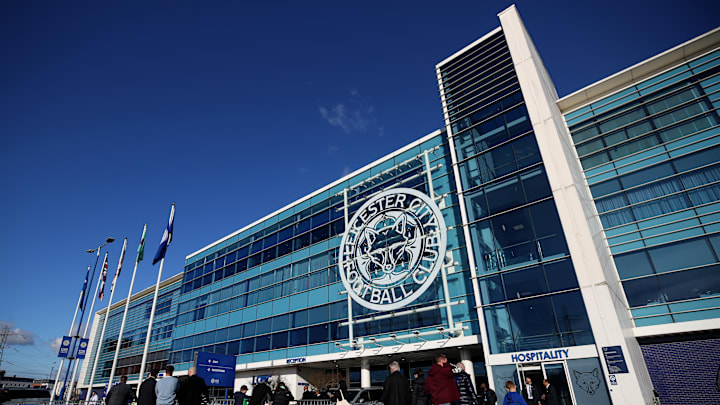In a previous posts, Foxes of Leicester explained how Everton had fallen foul of the Premier League’s profit and sustainability rules. Now, it appears that Leicester City, too, might be the latest club to fall foul of the controversial financial regulations.
What we can be sure of is that Leicester will not face any sanctions this season so the promotion campaign will not be affected. However, in a worst-case scenario, the Foxes could be faced next season with punishments imposed by both the Premier League and the EFL. It could be that the club starts next season on minus points whether or not they are promoted
‘Could be’ is the operative word here since it is not clear yet that the Foxes have actually breached spending regulations. Let’s start with the Premier League. The club argued successfully that because they were relegated at the end of last season the Premier League’s new fast-track system – under which both Everton and Forest have been charged – did not apply to them. However, LCFC will still have to show that their losses for the three seasons (2020-21 to 2022-23) were not higher than the £105 million allowed.
The club’s published accounts showed a loss of £120 million for the first two of these seasons so they would need to show a profit of £15 million for the 2022-23 season in order to stay within the rules. Journalists have been quick to claim that there is therefore little chance of Leicester City avoiding a breach of the regulations. However, it is not as simple as that because some of the losses incurred may relate to things – such as spending on infrastructure – that do not count in PSR calculations. We simply don’t know. It will become a little clearer when the club has to publish its accounts at the end of March.
What is clear is that there is little the Foxes can do now to change what they spent in their last three Premier League seasons. The same is not the case with EFL regulations. These stipulate that clubs are permitted to lose only £39 million in any three-year cycle. In the three-year cycle completed at the end of the current season, Leicester are allowed to lose a total of £83 million (£70 million for two seasons in the Premier League and £13 million for the one season in the Championship). The club argued, successfully, that they did not have to submit accounts and a business plan by last December but they will have to reveal the scale of losses by the end of this month.
Since the EFL’s accounting period for the 2023-24 season continues until the end of June, Leicester, if it looked likely they were going to lose more than the EFL rules allow for, will have a few months to recoup some of these losses and stay within the limits imposed. This they can do by raising money from a lengthy run in the FA Cup or by concluding new sponsorship deals or, the most likely, by selling players and reducing the wage bill. It is certainly not ideal for the Foxes to be looking to sell players should they gain promotion back to the Premier League. It would mean the first part of the summer transfer window would be spent offloading players and the rest of it would be spent buying players again. If promotion is not achieved, the outlook looks grim because the club would have to cope with reduced parachute payments as well as a need to reduce their losses to £60 million over the new three-year cycle.
Much remains unclear. What we can say is that it is possible, as Everton fans have vociferously done, to challenge the fairness and sustainability of a system that reinforces the status quo in which only a few rich clubs compete for honours and makes it difficult for a club like Leicester to compete effectively in the top-flight of English football. On the other hand, is it fair for clubs relegated from the Premier League to have such a financial advantage over the other clubs in the Championship? Expect this debate to run and run.
